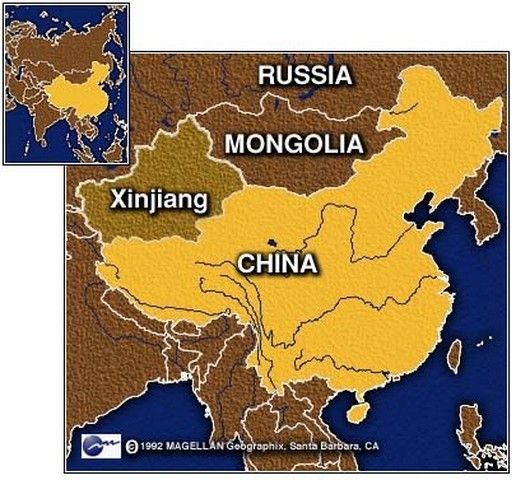Viewing results 1 - 6 of 76
NUR-SULTAN (TCA) — A court in Kazakhstan has ruled that an ethnic Kazakh woman from China's northwestern region of Xinjiang who is on trial for illegally crossing the border will not be deported to China, RFE/RL's Kazakh Service reported. Continue reading
BISHKEK (TCA) — Ilham Tohti's daughter Jewher Ilham accepted the 2019 Sakharov Prize for Freedom of Thought during the ceremony in Strasbourg on December 18 on behalf of her jailed father, the European Parliament reported on its website. Continue reading
BISHKEK (TCA) — The head of the government of China’s Xinjiang, at a press conference in Beijing on December 9, said the region is determined in counter-terrorism, deradicalization and maintaining development, Xinhua news agency reported. Continue reading
BISHKEK (TCA) — The US House of Representatives on December 3 approved a bill that would require the Trump administration to impose sanctions on senior Chinese officials over allegations of mistreatment of China's Uighur ethnic minority. To become law, the bill must pass the US Senate and then be sent to US President Donald Trump, Sputnik news agency reported. Continue reading
BISHKEK (TCA) — The growing anti-China sentiment in Central Asia countries, largely caused by Beijing’s repressive policies towards the Muslim population of Xinjiang, is an increasing impediment to China’s economic expansion in the region. We are republishing the following article on the issue, written by Paul Goble: Continue reading
BISHKEK (TCA) — The United States has blacklisted 28 Chinese organizations for their alleged involvement in "human rights violations and abuses" against Uyghurs and other mostly Muslim ethnic groups in China's far western region of Xinjiang, RFE/RL reports. Continue reading

